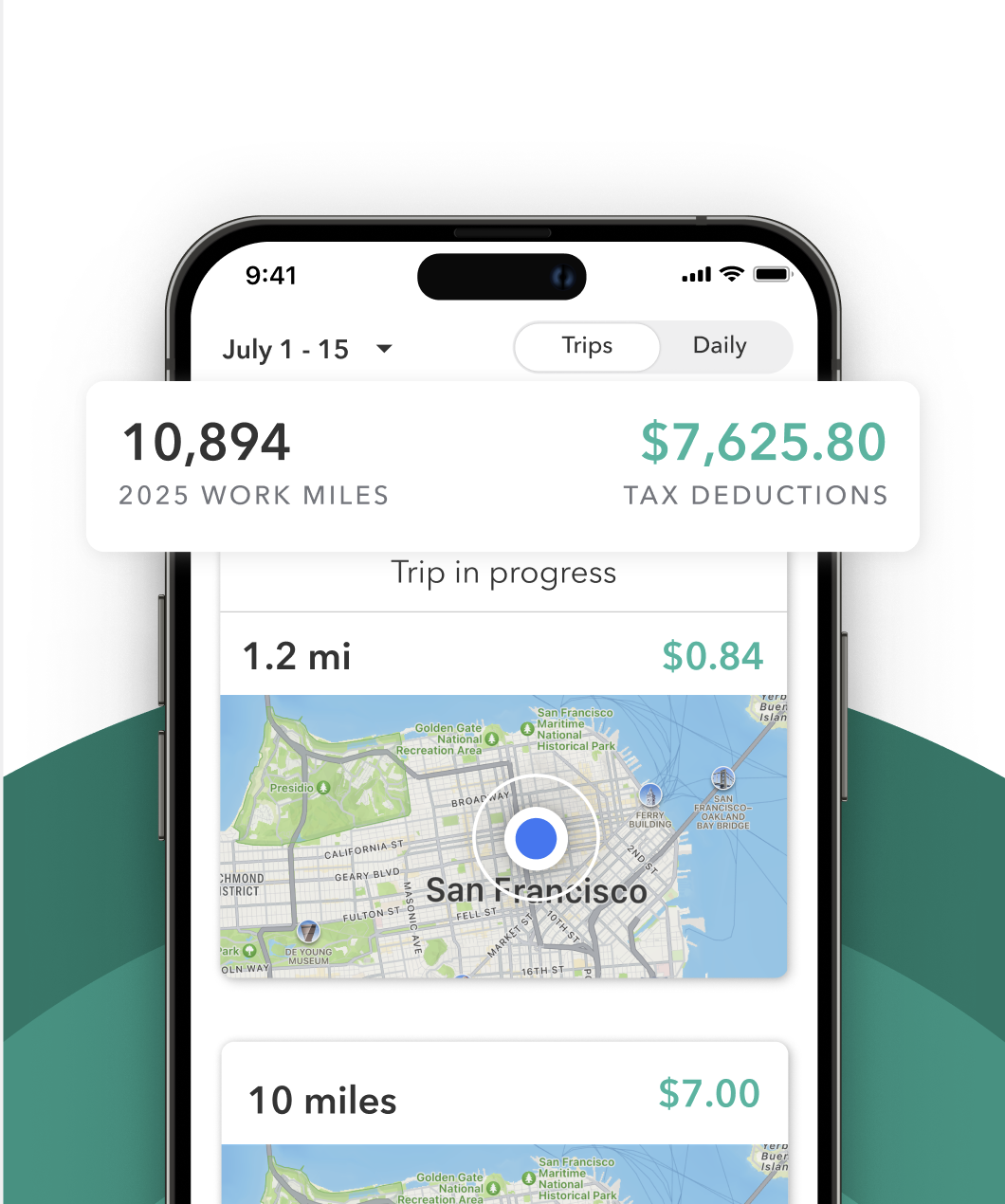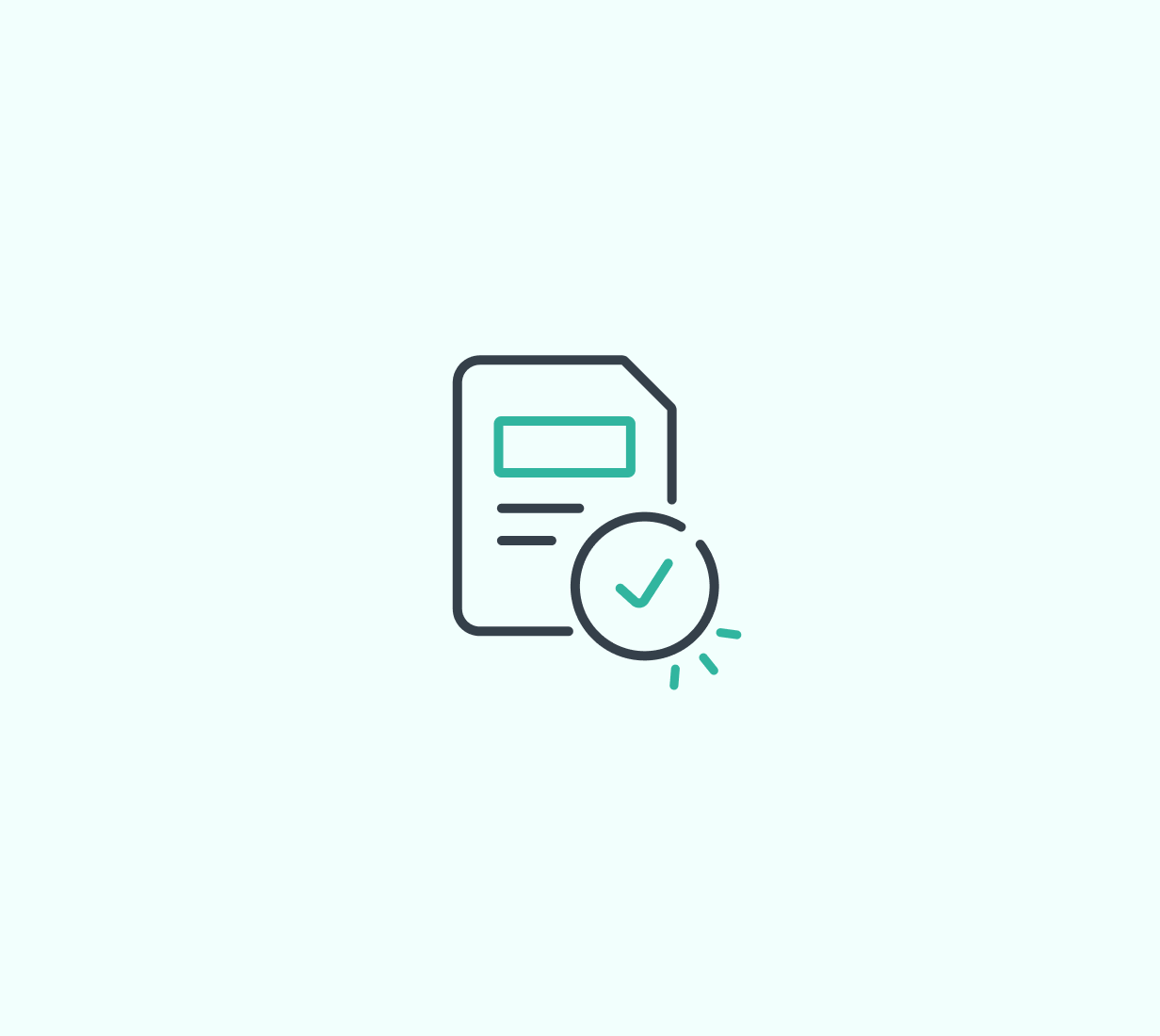As a Shipt Shopper, you work as an independent contractor. That means you’re responsible for your own taxes, but it also means you can claim business deductions that traditional employees can’t. The more you deduct, the less tax you’ll owe. Below are the top tax deductions available to Shipt Shoppers, with details specific to your work.
Vehicle expenses
Your car is your most important work tool as a Shopper. Whether you’re picking up multiple orders from Target or navigating tight delivery windows, you’re constantly on the road. That means your driving is a major business expense.
IRS Mileage Rate
The most common way Shipt Shoppers deduct vehicle use is by using the IRS standard mileage rate. This method simplifies your deduction: just multiply your business miles by the rate. It covers all typical vehicle costs like gas, maintenance, depreciation, and insurance.
Actual expense method
Alternatively, you can deduct the actual cost of operating your vehicle. This includes:
- Gas
- Maintenance
- Repairs
- Tires
- Insurance
- Registration
- Depreciation or lease payments
You’ll need to calculate what percentage of your driving is for Shipt, then apply that percentage to your total vehicle expenses.
Vehicle expenses you can deduct either way
Regardless of which method you choose, these expenses are deductible separately:
- Parking fees
- Tolls
- Car washes (for business use)
These aren’t included in the mileage rate and can be written off on top of it.
Electric vehicle deductions
If you drive an electric vehicle (EV) for Shipt, you've got a big advantage. EVs do not have any form of carve out and enjoy the same mileage rate that regular vehicles do, despite the lower cost to operate and lack of certain expenses like gas. Many find that they come out ahead by using the IRS mileage rate with an electric vehicle. You also may be eligible for additional EV tax credits or state-level clean vehicle incentives. These do not count as business deductions but can still reduce your total tax bill.
Phone and service plan
Your smartphone is your connection to the Shipt app. You use it for everything: accepting offers, navigating routes, contacting customers, and scanning items in-store.
You can deduct:
- A percentage of your phone bill
- Accessories like mounts, chargers, or external batteries used for work
If you also use your phone personally, only deduct the portion tied to work (e.g. 70% of usage).
Delivery and work gear
Shipt encourages professional presentation. That often means investing in:
- Insulated delivery bags
- Reusable shopping totes
- Cooler bags for frozen goods
- Gloves or outerwear for harsh weather
These work supplies are deductible as long as they’re used for your Shipt deliveries.
Platform fees and commissions
Shipt doesn't break out fees in the same way as other gig apps, but they do sometimes deduct service fees or adjust pay based on delivery complexity. Any amount that Shipt retains from your total delivery fee as part of their platform cut is tax-deductible.
Use your weekly or annual pay summaries to total up these retained amounts. They count as a business expense because they're required to earn your income.
Work-related training
Shipt may not require formal training, but if you pay for:
- Delivery efficiency courses
- Customer service skills workshops
- Financial literacy for gig workers
you may be able to deduct those costs.
Insurance premiums
If you pay for your own health insurance as a self-employed worker, those premiums may be deductible. This includes medical, dental, and vision plans. There are specific IRS rules for eligibility, so consult a tax professional if you’re unsure.
Roadside assistance
If you subscribe to a service like AAA and use it to support your delivery work, you can deduct the work-related percentage of the cost.
Business Subscriptions
Any subscriptions related to operating your business can be deductible. This includes:
- A mileage & expense tracking app for Shipt, like Everlance.
- Navigation apps
- Phone cloud storage
Just remember, the IRS requires it to be deemed necessary. Netflix, Spotify, Amazon Prime, etc. would not be write-offs unless a portion is used exclusively for business (which is hard to prove for Shipt shopping or driving).
Home office expenses
If you have a dedicated space in your home used exclusively for managing your Shipt business (tracking pay, filing taxes, managing receipts), a portion of your rent, utilities, and internet may be deductible.
Be sure this space is used only for business and meets IRS criteria.
How to track your tax deductions
Accurate records are essential for maximizing your deductions and protecting yourself in case of an audit. The best way to do this is to track your expenses and mileage year-round.
Use tools like Everlance to:
- Automatically track your miles
- Snap and store receipts
- Track business expenses by category
- Export tax-ready reports
The more consistent you are, the less you’ll scramble at tax time.
How to claim your tax deductions
When filing your taxes, you’ll report your Shipt income and deductions on IRS Form Schedule C. This is part of your individual tax return.
You’ll also need to pay self-employment tax using Schedule SE. Make sure to:
- Report total Shipt income (you’ll receive a 1099 form if you earn over the threshold)
- Enter each category of deduction (mileage, phone, gear, etc.)
- Calculate net profit after expenses
Self-employed tax filing software or a CPA can help ensure you file correctly.
Common mistakes Shipt Shoppers make
- Forgetting to track mileage: This is your largest deduction and requires detailed logs.
- Mixing business and personal expenses: Only the work-related portion can be deducted.
- Not saving receipts: The IRS can deny deductions without documentation.
- Using the wrong deduction method: Choosing the actual expense method when mileage would save more (or vice versa).
- Missing smaller deductions: Phone accessories, delivery bags, and app subscriptions add up over time.
Understanding your deductions can make a huge impact on your take-home earnings as a Shipt Shopper. Track diligently, file accurately, and don’t leave money on the table.











